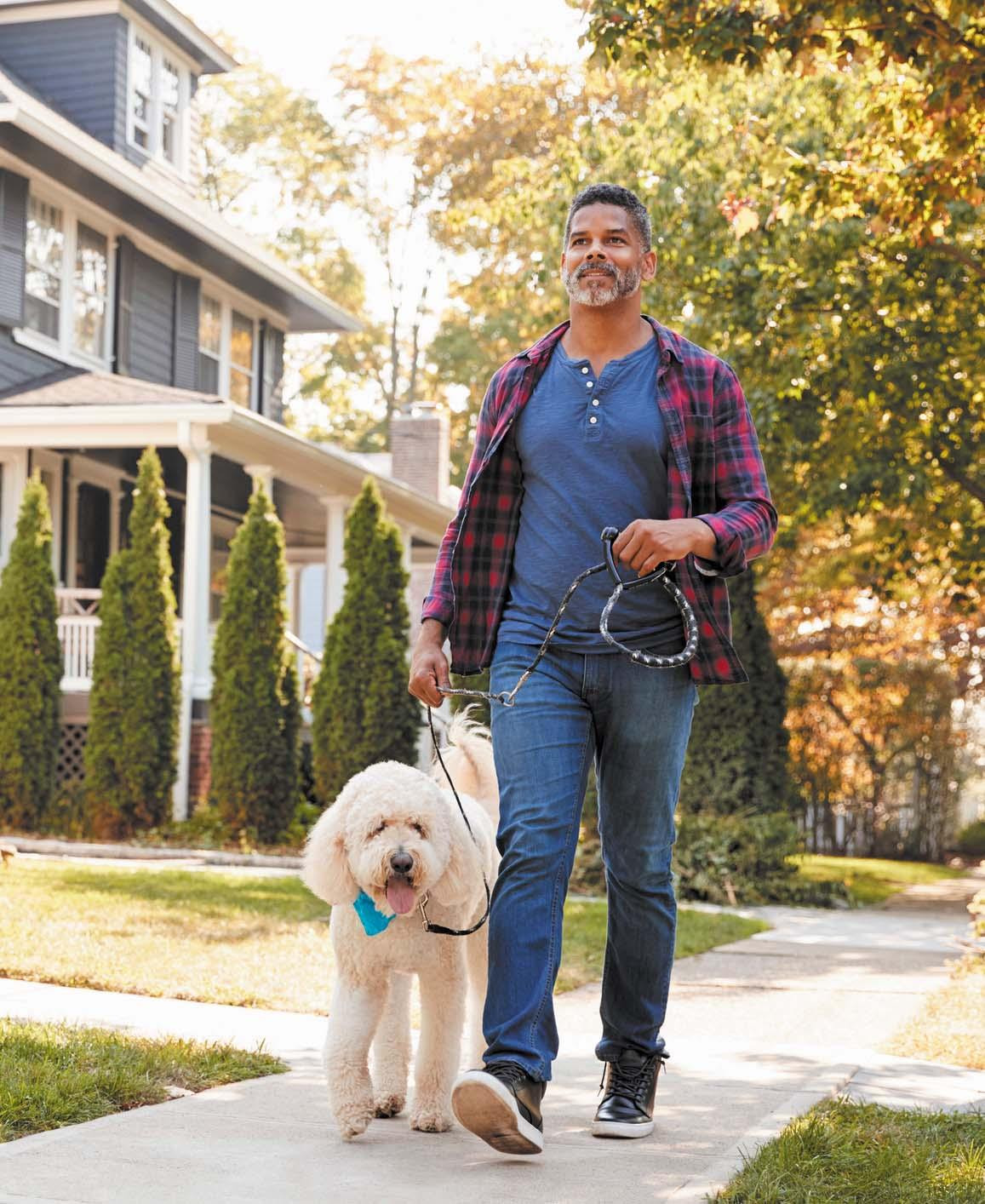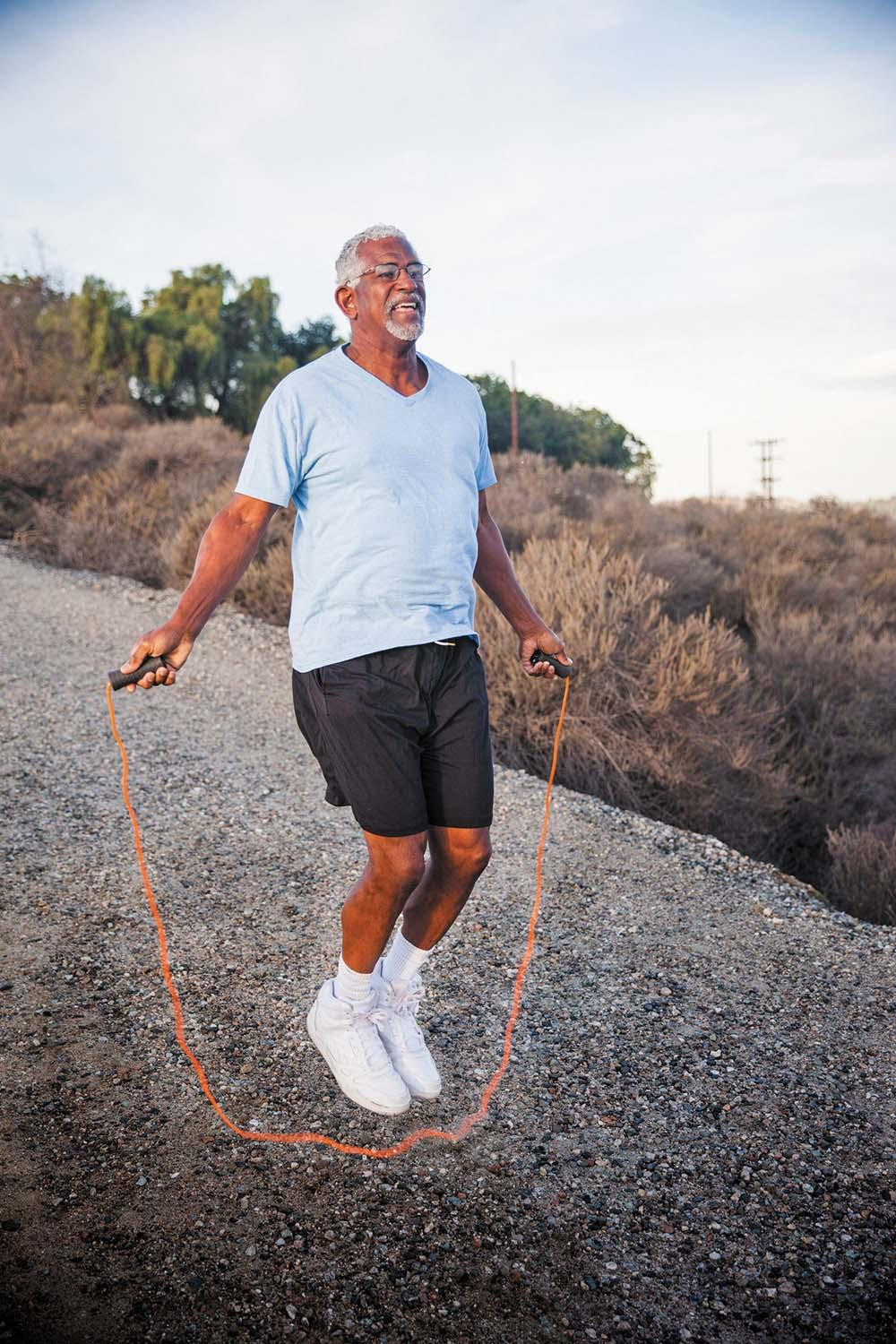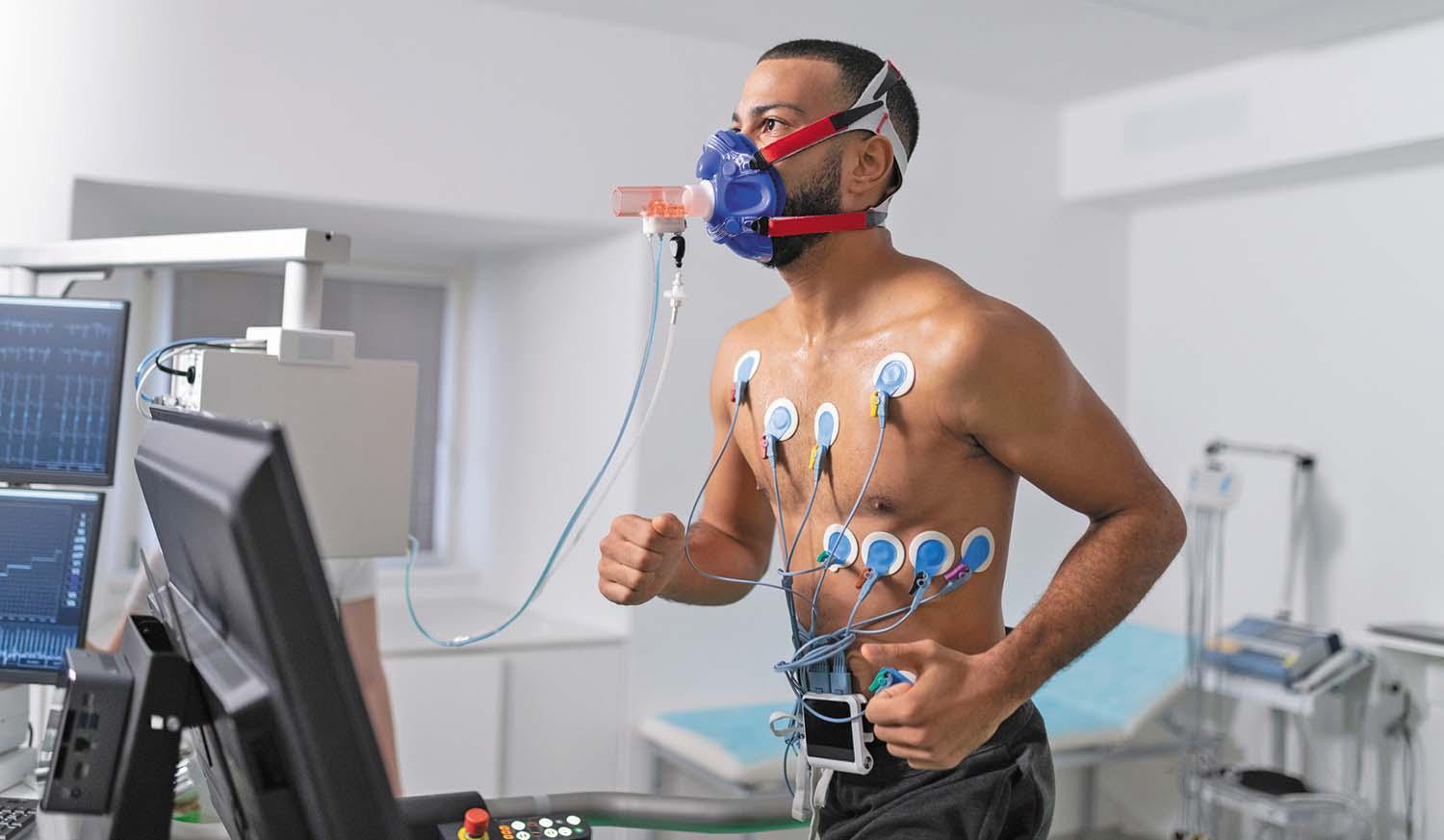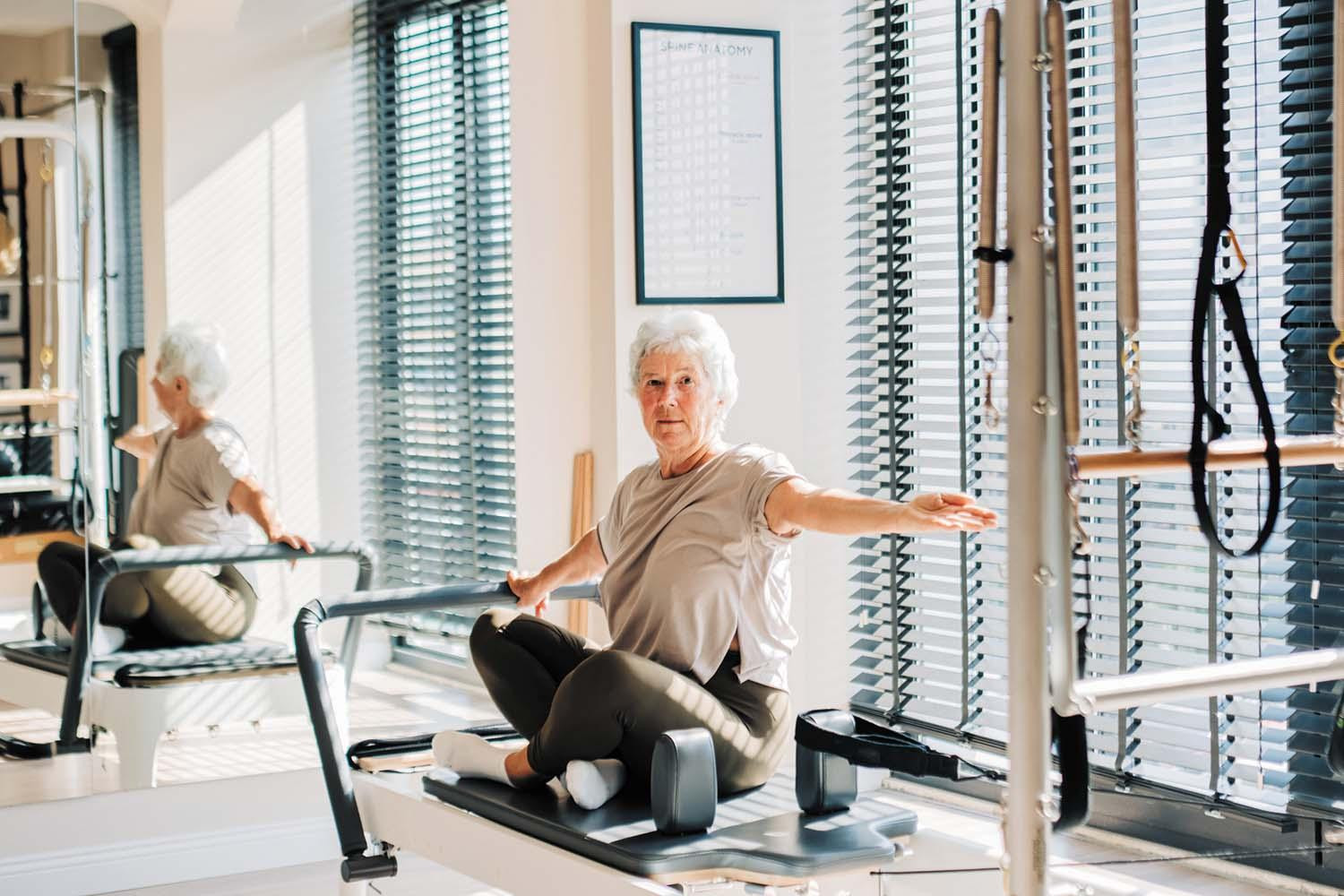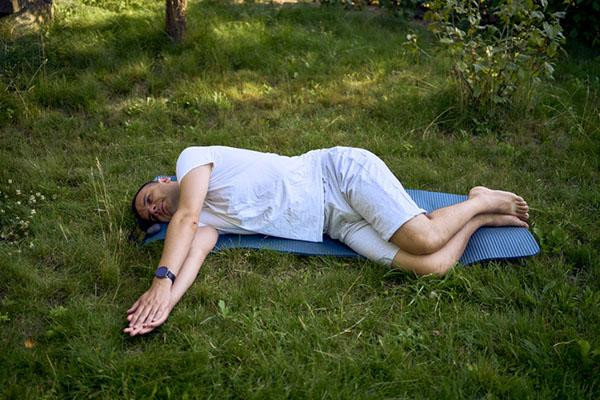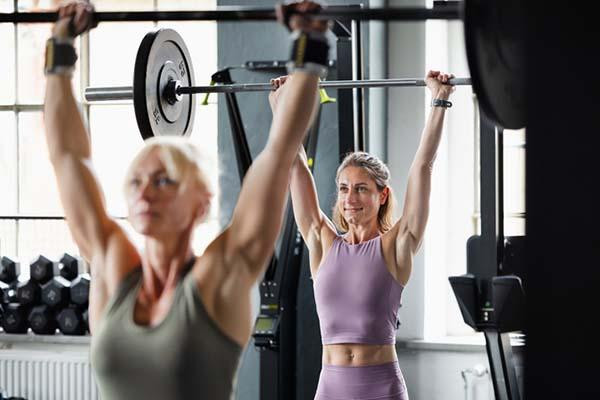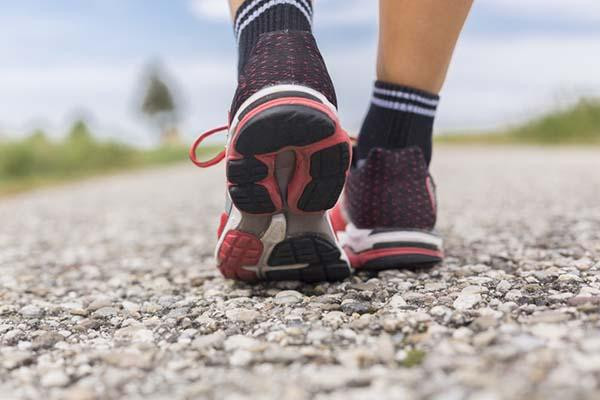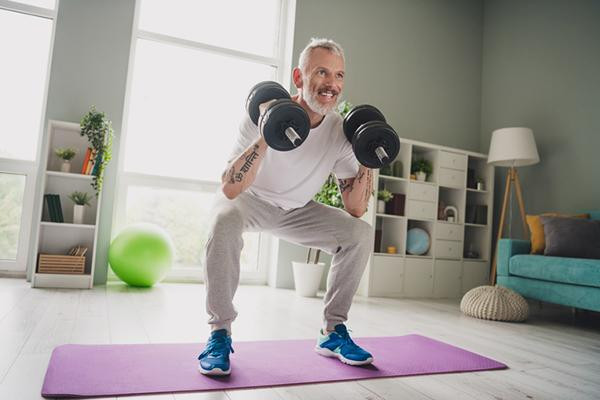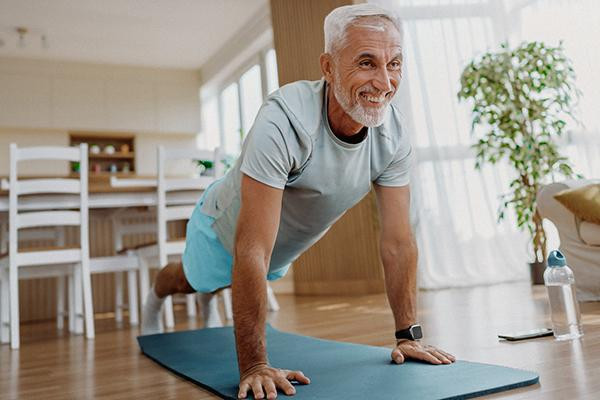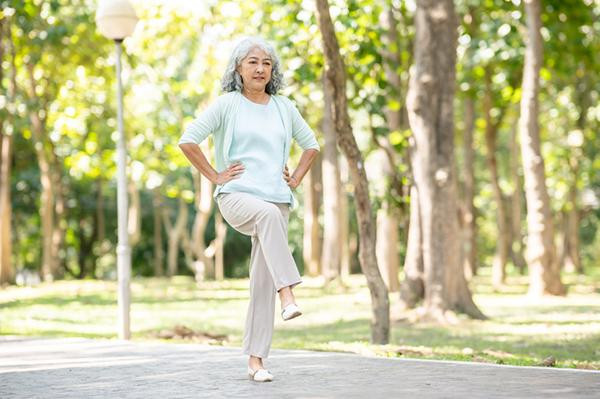
Driving with arthritis pain: Stay comfortable — and safe — behind the wheel

Daily cup of coffee may prevent afib recurrence

Gene-editing therapy lowers harmful blood fats in early study

What is EMDR therapy, and who can it help?

GLP-1 drugs versus bariatric surgery for treating obesity

Two dumbbells, three exercises, and 10 minutes

Easing the emotional burden of IBS

Modify your push-ups to meet your fitness level

What is long QT syndrome?

Stroke survivors may benefit from very low LDL levels
Physical Activity Archive
Articles
5 simple ways to improve gut health
Gut health plays a bigger role in overall well-being than many people realize, affecting digestion, mood, and immunity. Simple daily choices around food, movement, sleep, stress, and hydration can support a healthier, more resilient gut.
A fresh approach to cardio exercises
There are many ways people can meet the guidelines for weekly activity besides running and walking. They can do activities like boxing, swimming, cycling, basketball, dancing, and pickleball; circuit training using gym machines; and exercising at home.
VO2 max: What it is and how you can improve it
VO2 max is a way to gauge how efficiently the body uses oxygen during exercise, offering a window into fitness and long-term health. People can usually improve it over time with consistent aerobic activity, intervals, and smart training changes.
Pilates: A good workout option, even as we get older
Pilates can be a good low-impact workout option, especially as people get older. It focuses on core strength, balance, and flexibility, and can be adapted—on a mat, reformer, or even in a chair—to different abilities and comfort levels.
What are somatic workouts?
Somatic workouts involve paying attention to internal sensations and responses during physical movements. These movements help people become more aware of how their body moves. Somatic workouts can reduce pain and muscle tension and calm anxiety.
Strong is the new skinny
Fitness ideals for women have evolved to prioritize a strong body rather than a slim figure. Strength training counteracts age-related muscle loss and offers a wide variety of additional health benefits. Cardio boosts heart health, but can’t substitute for strength training.
Correcting how you walk may ease osteoarthritis knee pain
For people with knee osteoarthritis, walking pattern (called gait) matters. Pain can lead to habits like shuffling or shortening steps, increasing joint stress. Gait training, along with strengthening, stretching, and balance, can help normalize walking, improve stability, and reduce knee strain.
Two dumbbells, three exercises, and 10 minutes
With 10 minutes and a pair of dumbbells, people can do a full-body workout using a variation of high-intensity interval training (HIIT) called low-volume HIIT. With low-volume HIIT, people perform only a few sets of two to four exercises.
Modify your push-ups to meet your fitness level
The classic push-up is still celebrated for its no-equipment-needed simplicity. Using just your body weight, each rep strengthens the arms, shoulders, and chest, as well as the core, hips, and legs. Push-ups can be adjusted for almost any fitness level.
A measure of balance
People can evaluate their balance and fall risk at home by taking the four-stage balance test. More advanced tests like single-leg standing, heel-to-toe-walking, and timed up and go can also aid in assessing balance and coordination.

Driving with arthritis pain: Stay comfortable — and safe — behind the wheel

Daily cup of coffee may prevent afib recurrence

Gene-editing therapy lowers harmful blood fats in early study

What is EMDR therapy, and who can it help?

GLP-1 drugs versus bariatric surgery for treating obesity

Two dumbbells, three exercises, and 10 minutes

Easing the emotional burden of IBS

Modify your push-ups to meet your fitness level

What is long QT syndrome?

Stroke survivors may benefit from very low LDL levels
Free Healthbeat Signup
Get the latest in health news delivered to your inbox!
Sign Up
